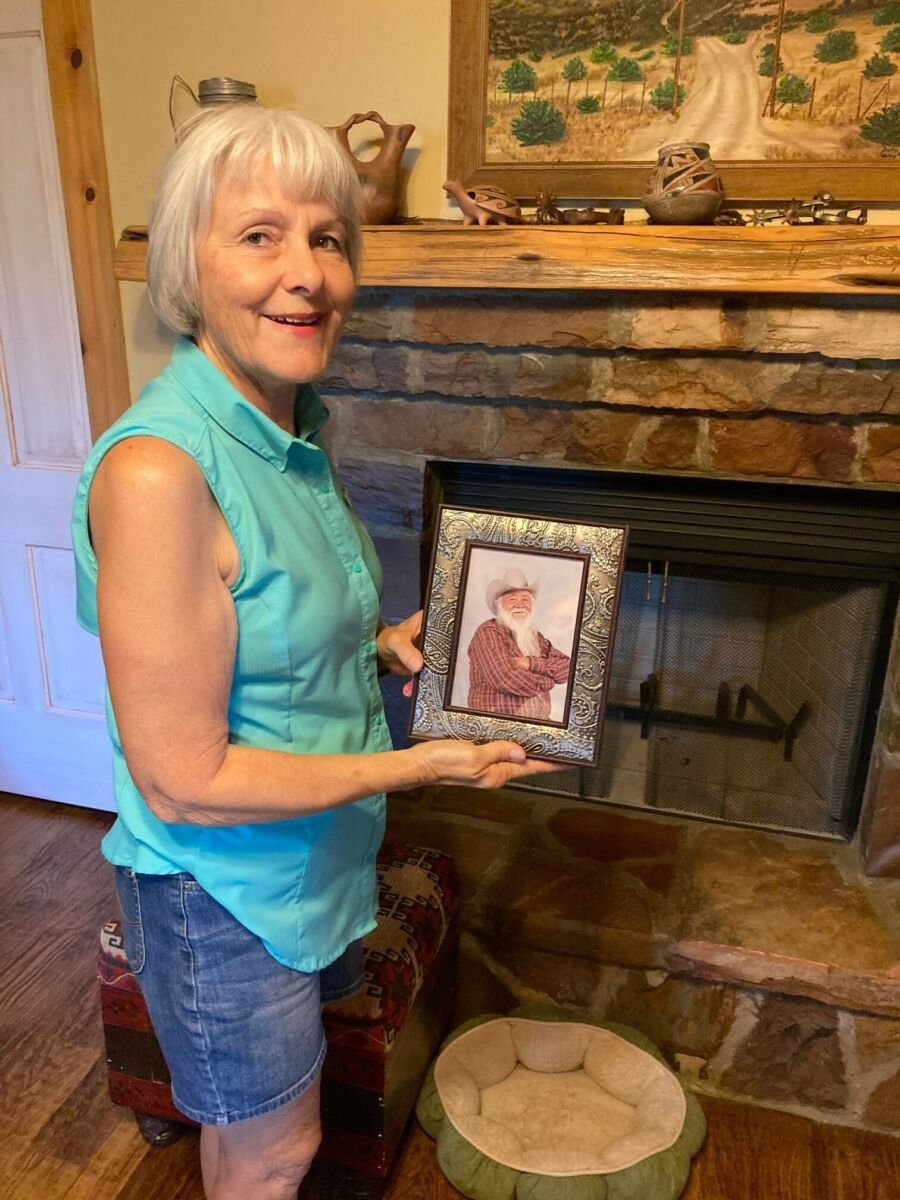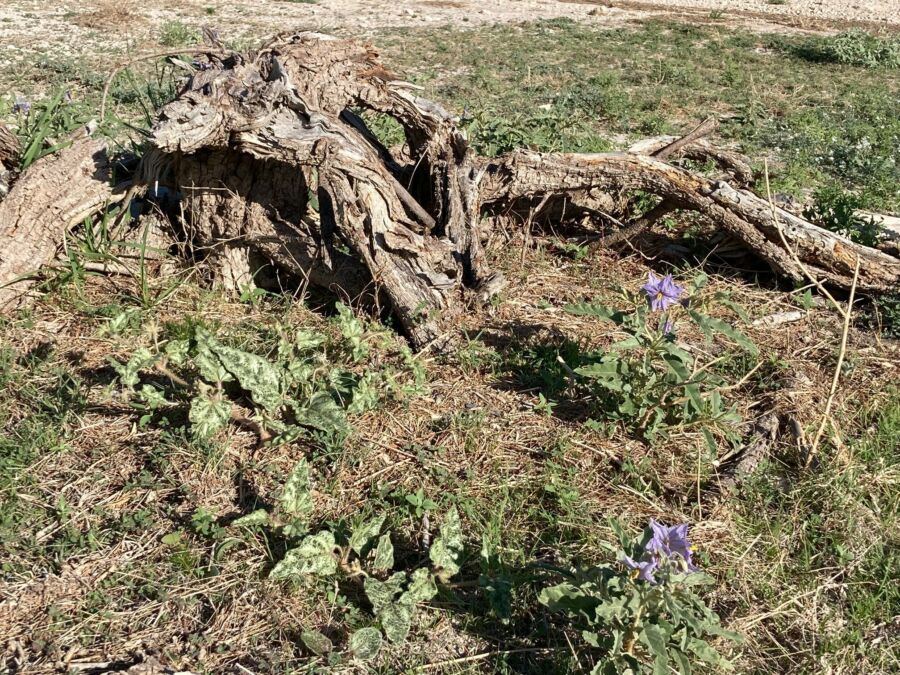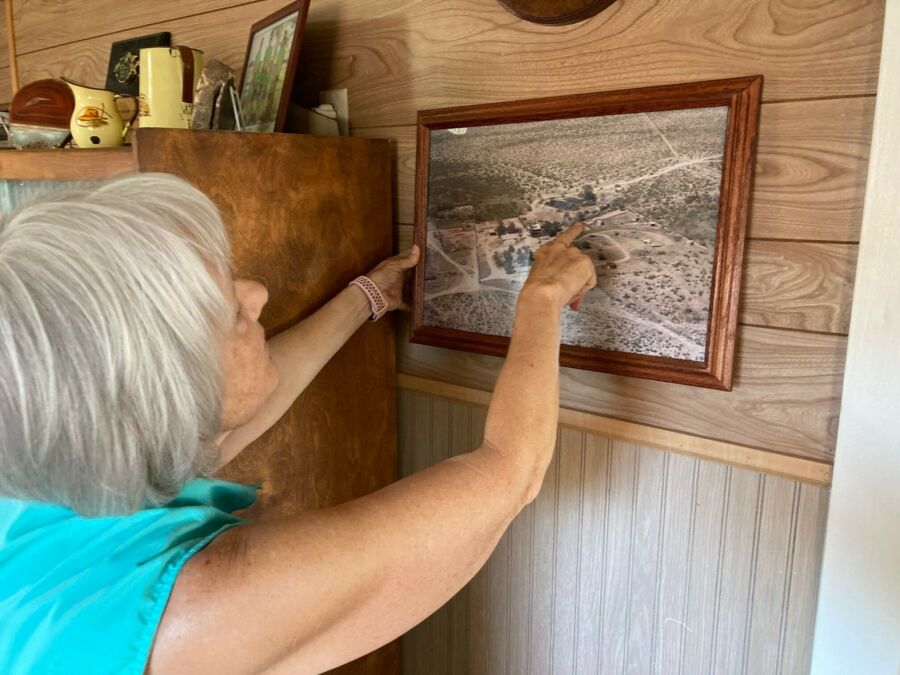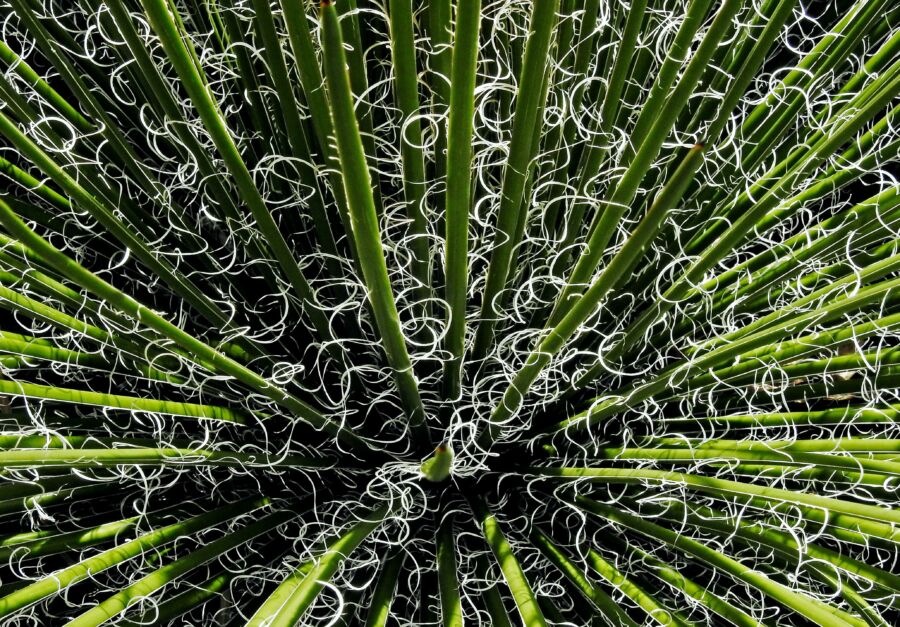
“Spanish Dagger” is a yucca plant common in these wide plains of the West Texas. Its leaves contain a fiber the Native Americans often used to sew together animal hides—the tough fiber. Cattle rancher Ann Mitchell is that tough fiber.
Ann’s family has owned the Spanish Dagger Ranch for nearly a century—and every ounce of toughness is required to make a life from the arid landscape and scrublands west of Midland, Texas. Through droughts and downpours, through cattle market highs and lows, her family has made a living, sent kids through school, and ensured a future on this land for generations yet to come.
Rising costs are the latest challenge; at every juncture in this business, petroleum prices are a deciding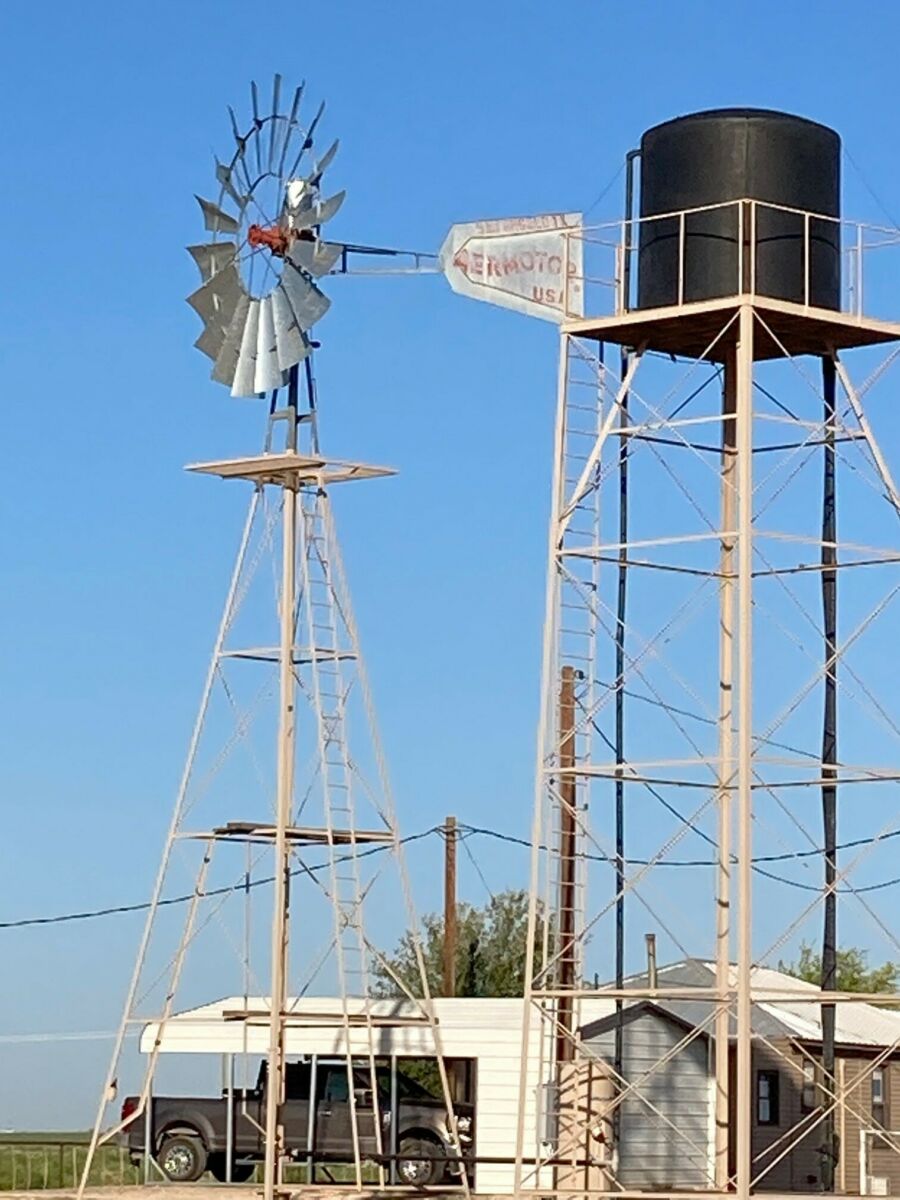 factor. Nearly every vehicle on this sprawling ranch, from truck to tractor, is fueled by diesel; natural gas prices affect the cost of feed cubes—necessary to nourish momma and baby cattle in this bleak landscape. Even the chemicals they use to kill invasive plants that poison their cows and horses are petroleum-based. President Biden’s war on fossil fuels is being fought here—and now.
factor. Nearly every vehicle on this sprawling ranch, from truck to tractor, is fueled by diesel; natural gas prices affect the cost of feed cubes—necessary to nourish momma and baby cattle in this bleak landscape. Even the chemicals they use to kill invasive plants that poison their cows and horses are petroleum-based. President Biden’s war on fossil fuels is being fought here—and now.
“We have seen a significant price increase in all aspects of the needs we have,” Ann says. “The chemical we have to control mesquite has increased about 65%. Diesel, well, that has doubled—and most of our machinery and equipment run on diesel.”
Cattle feed is also up.
“If we purchase loose cattle cubes, we see only 30% to 35% increase, but if we buy sack cubes, it’s almost doubled,” she says. “When you’re looking at it from an agricultural standpoint, it takes a lot more to make the business work right now. And we don’t see a big change in sale prices for our cattle. That narrows our margins more and more.”
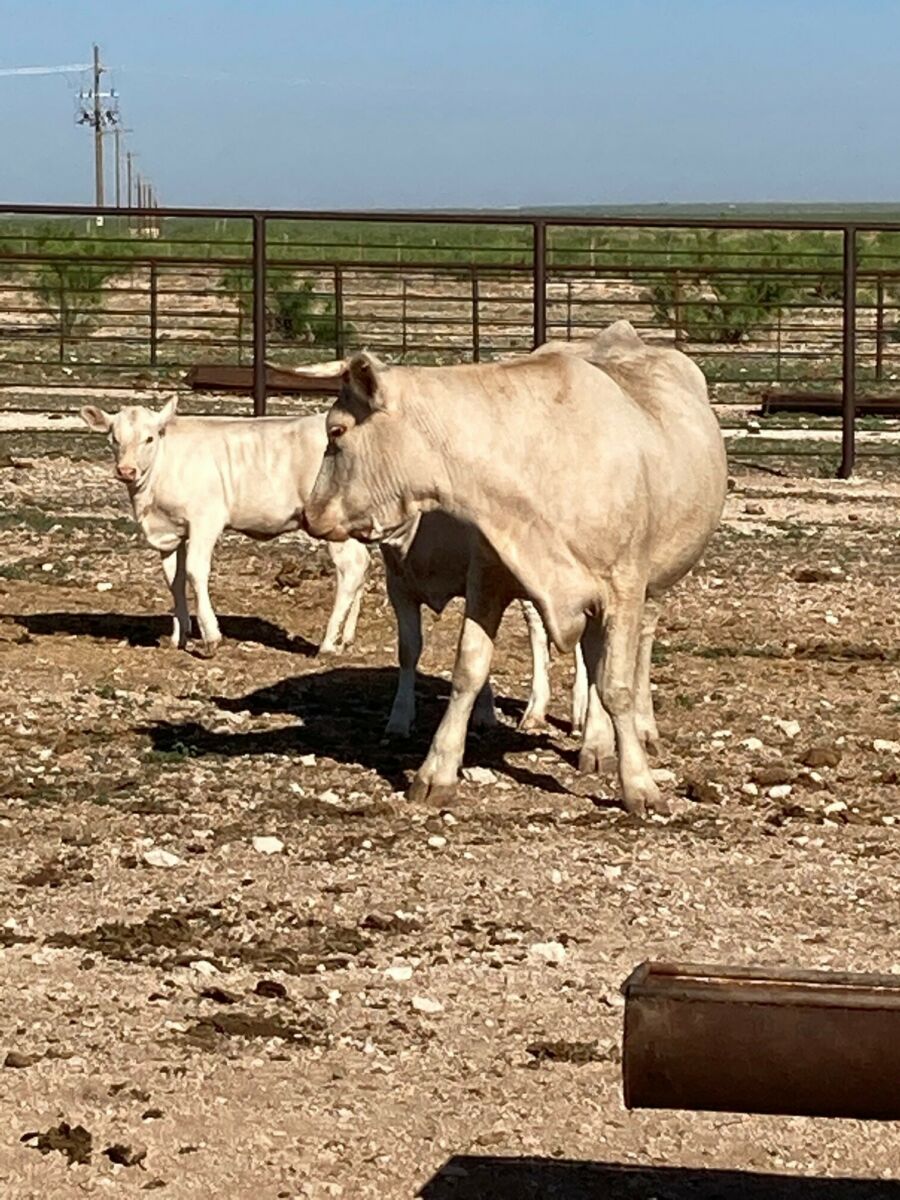
Ann is a fourth-generation rancher; her nephew, who runs much of the day-to-day operations of the ranch, is the fifth. And his son—an eighth-grader—hopes to be the sixth.
“As long as we are good stewards of what we have, I do see this ranch being here for him,” Ann says. “And that’s what he wants.”
Tough fibers are what weave together this nation.
“From the start, from my great-grandfather to my grandfather to my father, they’ve had to work the ranch,” she says. “And it is work. But there’s a lot of pride involved. That goes for anyone who works the land. It produces a stronger people. They’re the original and ongoing keepers of the land. It’s a difficult business, but it develops a good strong, patriotic community of people.”
And that’s what Ann works to preserve.
